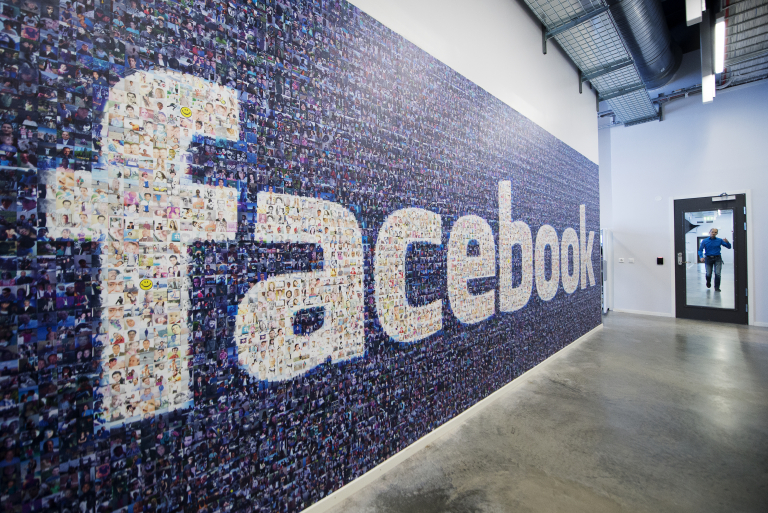
Facebook is showing other brands how to approach the issue of user privacy and data protection. Image: AFP/Jonathan Nackstrand
A brand’s value hinges on its reputation as much as its products and services, and increasingly, for most of the world’s biggest and most respected companies, that means they’re just one digital misstep from alienating their customers.
After a data breach, incognito dating service Ashley Madison actually had to change its name in order to continue in business. Two huge hacks saw Yahoo users desert its platforms in droves. And it’s still too early to understand just how much the revelation that Uber broke Apple’s app developer rules in order to identify and track individual users, will eventually impact on its brand.
According to the 2017 State of Consumer Privacy and Trust survey, over two thirds of consumers (68 percent) have already worried about how brands are using their data and the safeguards these companies have in place if a data breach or attack occurs.
The study, conducted by Gigya, polled 4,000 consumers in the United States and the United Kingdom to understand how sentiments are changing when it comes to personal data, information sharing and privacy, also shows that emerging tech trends, such as the Internet of Things, are adding to potential privacy-based fears. Sixty-nine percent of respondents are concerned about what they see as the inherent privacy risks of devices like fitness trackers and even connected cars.
The older the respondent, the more likely they are to feel concerned, however, even 60 percent of the youngest, most tech-savvy generation of consumers polled (i.e., the 18-to-24-year-old demographic) said that how brands approach their data is a genuine concern.
“There is looming disconnect for brands if they don’t respond more aggressively to consumer demand for privacy and protection of their data,” said Jason Rose, senior vice president of marketing at Gigya.
Just under one third (31 percent) feel that brands’ privacy policies are actually weaker than even 12 months ago, however, consumers do want to meet brands halfway and take an active role in managing their own data and settings. When they have the means to do so, 63 percent of respondents aid that they should take responsibility for protecting their digital identities. In this respect, Gigya points to the increasing transparency applied by Facebook to help its growing user base understand what is and isn’t collected and how they can opt in or out of certain settings. Of those polled, 61 percent with a Facebook account said that they’d taken control of their privacy settings as a result, with 40 percent updating their settings within the last year.
“Brands that put consumers in control of their privacy and deploy platforms that strengthen consumer data security will ultimately gain consumer trust,” Rose said. “These brands will overcome the personalization-privacy disconnect and deliver on the full promise of their online strategies.” JB
RELATED STORY:
Snapchat acquires geofilter patent, shields it away from Facebook